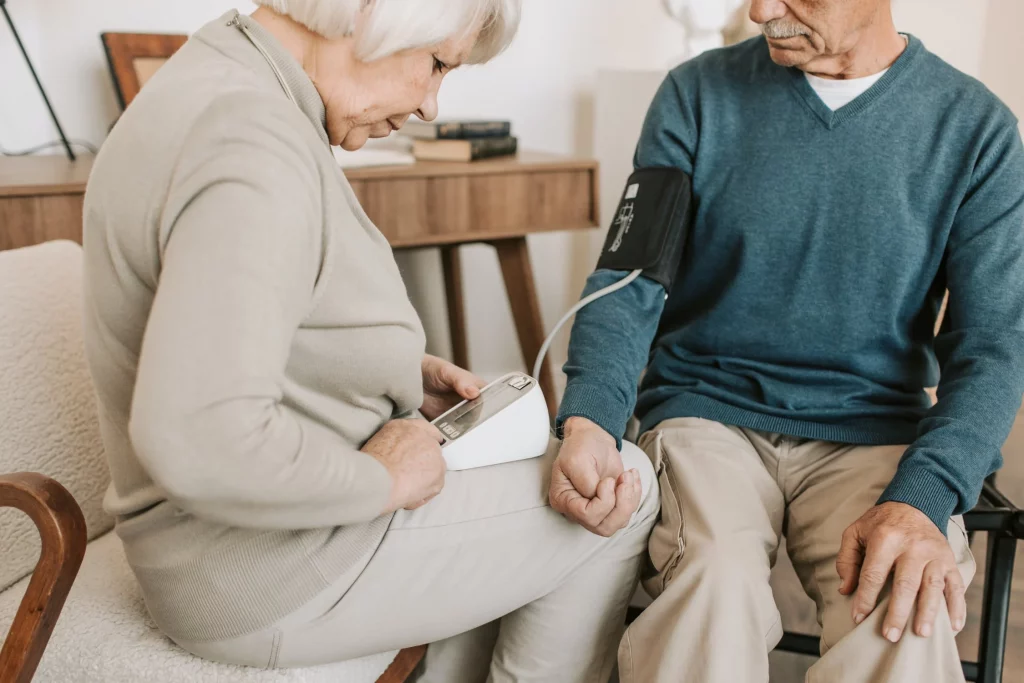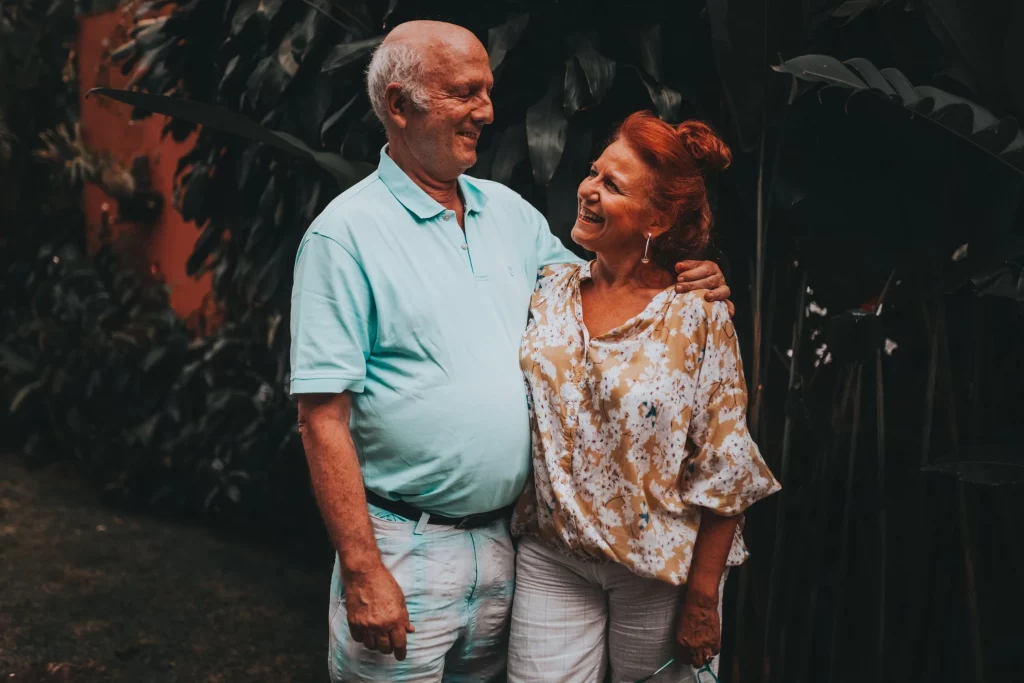Colon cancer is one of the most common forms of cancer that affect older people. Because of that, providers of hospice care services say that you must be especially vigilant about it. They also provided a guide for helping seniors cope with colon cancer. Let’s look at how you can do it.
Understanding Colon Cancer
Colon cancer is a type of cancer that affects the large intestines. It initially begins as benign clumps of cells. However, these polyps can eventually become cancerous and infect other cells. The disease is sometimes referred to as colorectal cancer if the tumors originated from the rectum.
According to the American Cancer Society, colon cancer is the third most common cancer type diagnosed in the United States. In 2022 alone, there were more than 106,000 new cases. However, the organization noted that the incidence rate for it has been steadily decreasing since the 1980s. They attributed this to more available screening tests, which help early detection and treatment.
The disease is common in older adults, with half of the diagnoses being of patients 66 years and older. However, younger people are more likely to be diagnosed with late-stage colon cancer than older ones. That is because they are typically below the recommended age for screening.
Causes
Colon cancer starts when mutations in your DNA cause healthy colon cells to start dividing uncontrollably. Scientists still aren’t exactly sure what triggers healthy cells into becoming polyps. However, they identify several risk factors that can increase your chances of developing the disease.
- Age: As noted, most patients diagnosed with colon cancer are above 50. However, it can appear at any age, with increasing cases in younger people.
- Family history; if one of your close family relatives has a history of the disease, you are two to three times more likely to acquire it in the future.
- Inherited syndrome: Various genetic conditions can increase your predisposition for the disease. These include familial adenomatous polyposis and Lynch Syndrome.
- Ethnicity: African Americans have a greater risk for the disease than other ethnic groups.
- Health conditions: Certain pre-existing conditions you might have can also increase the risk. These include conditions affecting the colon, like Crohn/s disease and ulcerative colitis. Other diseases like diabetes, obesity, and smoking can also contribute.
Note that these do not necessarily mean that you will get the disease. However, these are still important considerations when getting screened for it. They will also serve as something to watch out for in protecting yourself from it.
Colon Cancer Symptoms
One of the biggest challenges of dealing with colon cancer is that a patient might not show symptoms during the early stages. People may go on for years without realizing they might have the disease. However, as it progresses, the symptoms might become more noticeable.
Colon cancer symptoms can include any of the following:
- Blood in your stool
- Changes in stool consistency
- Diarrhea, constipation, or any other changes in bowel movement
- Tenesmus, or the feeling of not being able to empty your bowel
- Abdominal pain, cramping or bloating
- Bright red bleeding from the rectum
- Sudden urges to defecate despite already passing your bowel
- Nausea and vomiting
- Anemia due to intestinal bleeding
Aside from these specific symptoms, patients also experience general cancer symptoms like anemia, weakness, and fatigue. If you see any group of these symptoms, you need to see your doctor immediately. This will help in the early detection and treatment of the disease.
Colon Cancer Screenings
A vital step to preventing or making early intervention for colon cancer is screening. If you have an average risk for the disease, doctors recommend you start screening when you reach 50. Those with increased risk should consider getting screened much sooner.
There are several types of screening tests available, including:
- Stool tests: These use various chemicals to test if blood is present in your stool. You can do this at home through the provided test kits.
- Sigmoidoscopy: Doctors push a flexible lighted tube up to your rectum to check for polyps, possible tumors, or other abnormalities.
- Colonoscopy: This also uses a thin tube. Unlike the above test, doctors can already remove polyps and small tumors during this test.
- CT colonography: This uses an x-ray scanning machine to create a virtual map of your colon for analysis.
The tests you go through will depend on your preferences, as well as other factors. Also, note that each has its pros and cons. Thus, you need to consider the option you choose carefully.
Coping With Treatment
If you or your elderly loved one has shown colon cancer symptoms, treatment options would be similar to those used in other forms of cancer. Depending on the extent of the disease, you might need to undergo several treatments.
Such treatments can be taxing to you or your loved ones. As such, you need to be ready to assist them. There are several areas that you would want to focus on.
Dealing With Physical Side Effects
Aside from the symptoms, patients also have to deal with the physical side effects of the treatment. In the case of colon cancer treatment, many patients might find it hard to eat during parts of the treatment. Consult a dietician to find what kind of food items would best suit them at this moment.
You would also want to ensure that they maintain the right weight and get enough nutrition to counter the side effects. Hospice care services like Amavi can help you in planning your loved one’s meals.
Additionally, you need to help them maintain an active lifestyle even while in treatment. Join in their exercise sessions and other activities. That doesn’t just help them stay healthy but also lifts their mood, which is vital for cancer treatment.
Managing Stress
Getting a cancer diagnosis is already a stressful moment. Undergoing treatment can significantly add to that. As such, you would want to focus on reducing all of that. Some ways you can help your loved one include:
- Helping them relax
- Encouraging a positive attitude
- Helping them accept the situation
- Encouraging them to socialize with friends and family
- Getting them to join support groups
All these strategies will help them ease up on their thoughts and emotions. It also helps them be more accepting of the treatment outcome.
Helping Seniors Cope With Stress
The Best Hospice Care Services To Support Senior Colon Cancer Patients
Amavi understands how arduous managing colon cancer symptoms and undergoing treatment are. We have established a comprehensive care program to help you deal with the condition. Sign up today and get the best hospice care services for your loved ones.




